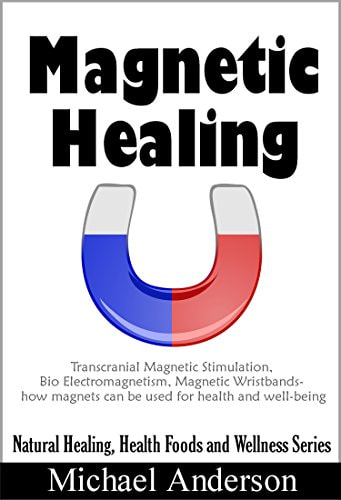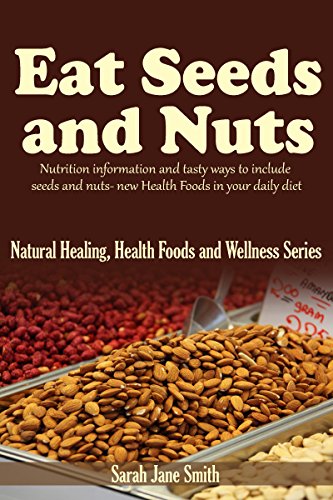| If you want to maintain a healthy diet, the importance of keeping a food diary should not be ignored. It not only helps you keep track of your daily intake of calories, but it can also help you to understand your eating habits. Keep track of your eating habits Keeping a food diary can help you gain a clear understanding of your eating habits. It can also give you the opportunity to track intolerances to particular foods. | |
You can also use the information to find patterns and triggers that may lead to unwanted overeating. You can record the time you eat and drink, as well as the quantity. You should include any condiments, dressings, and toppings. You should also note when you are hungry and when you are full.
You can keep a food diary in paper or on your smartphone. Some apps are designed specifically for tracking your diet. However, before using any suggestions made by any application, you should always consult your doctor.
Whether you keep a food diary yourself or seek the advice of a nutritionist or dietitian, it is important that you do it on a regular basis. Writing down your food intake will help you to stay on track with your calorie goals.
Observe your food sensitivities
A food diary can help you understand how you feel after eating different foods. It can also aid in identifying food sensitivities. A food sensitivity is a serious condition that can cause a wide range of unpleasant symptoms. These can include headaches, stomach pain, and indigestion. The good news is that you can improve your condition by eliminating certain foods from your diet. However, it can be difficult to determine what is and isn't an allergen.
A food sensitivity test can help you identify the culprit. The process can be completed in your own home. It will measure your IgG immune response to various foods. Although you won't get the exact same results, this test can provide you with a more comprehensive list of foods you are allergic to.
You can keep a food diary in paper or on your smartphone. Some apps are designed specifically for tracking your diet. However, before using any suggestions made by any application, you should always consult your doctor.
Whether you keep a food diary yourself or seek the advice of a nutritionist or dietitian, it is important that you do it on a regular basis. Writing down your food intake will help you to stay on track with your calorie goals.
Observe your food sensitivities
A food diary can help you understand how you feel after eating different foods. It can also aid in identifying food sensitivities. A food sensitivity is a serious condition that can cause a wide range of unpleasant symptoms. These can include headaches, stomach pain, and indigestion. The good news is that you can improve your condition by eliminating certain foods from your diet. However, it can be difficult to determine what is and isn't an allergen.
A food sensitivity test can help you identify the culprit. The process can be completed in your own home. It will measure your IgG immune response to various foods. Although you won't get the exact same results, this test can provide you with a more comprehensive list of foods you are allergic to.
| | Help you understand your eating habits Keeping a food diary can help you learn more about your eating habits and make better decisions about the foods you eat. You can also use a food journal to help you lose weight. It can be very useful for people who want to increase their intake of fruits, vegetables, and healthy nutrients. While a food journal may not be suitable for every person, it can be a great way to track your eating. |
If you are considering starting one, find a method that works for you. You should also be honest about what you are writing in it. You can use a notebook, a pen and paper journal, or an app on your smartphone.
You can also keep a list of restaurants you visit and recipes you try. These can be used to make gradual changes to your eating habits.
Capture your experience
Keeping a food diary is a great way to track what you eat and when you do so. The same is true of your exercise routine. Keeping track of your nutritional intake is a great way to shed unwanted pounds or at least make you fitter in the short term. Having a solid food and fitness plan is a must to achieve and maintain a healthy weight and diet. A calorie count is a great metric to measure your progress and to stay on track during the winter months. Using a food diary as a guide can ensure that you don't overdo it.
Avoid eating disorders
Keeping a food diary is an easy way to track your eating habits. You can learn more about your own health and eating patterns, and make better choices for yourself. You can also detect allergies and food sensitivities.
Having an eating disorder can lead to other health problems, including heart problems, digestive disorders, and other diseases. If you suspect you have an eating disorder, seek professional help immediately. You can get help for anorexia, bulimia, and binge-eating disorders. Often, people with anorexia and bulimia will also have a problem with depression.
You can also keep a food and beverage diary to track your eating and drinking. Your food and drink diary will let you know when you are feeling hungry or thirsty. Your diary can also help you track your thoughts and feelings.
You can also keep a list of restaurants you visit and recipes you try. These can be used to make gradual changes to your eating habits.
Capture your experience
Keeping a food diary is a great way to track what you eat and when you do so. The same is true of your exercise routine. Keeping track of your nutritional intake is a great way to shed unwanted pounds or at least make you fitter in the short term. Having a solid food and fitness plan is a must to achieve and maintain a healthy weight and diet. A calorie count is a great metric to measure your progress and to stay on track during the winter months. Using a food diary as a guide can ensure that you don't overdo it.
Avoid eating disorders
Keeping a food diary is an easy way to track your eating habits. You can learn more about your own health and eating patterns, and make better choices for yourself. You can also detect allergies and food sensitivities.
Having an eating disorder can lead to other health problems, including heart problems, digestive disorders, and other diseases. If you suspect you have an eating disorder, seek professional help immediately. You can get help for anorexia, bulimia, and binge-eating disorders. Often, people with anorexia and bulimia will also have a problem with depression.
You can also keep a food and beverage diary to track your eating and drinking. Your food and drink diary will let you know when you are feeling hungry or thirsty. Your diary can also help you track your thoughts and feelings.















